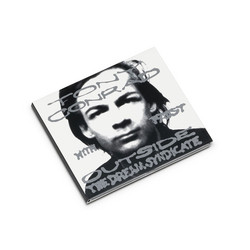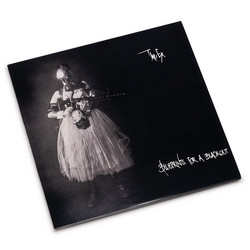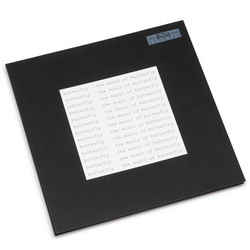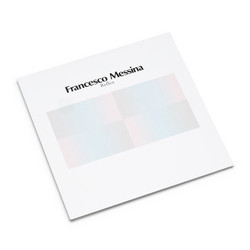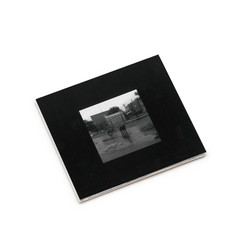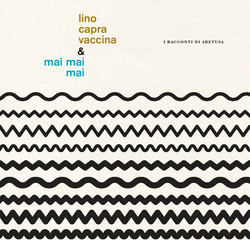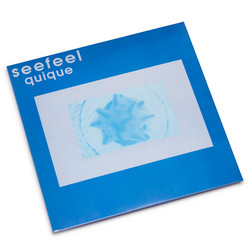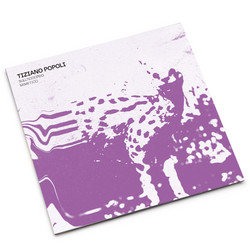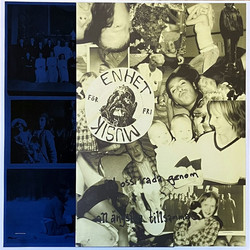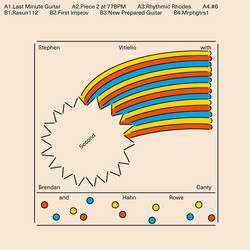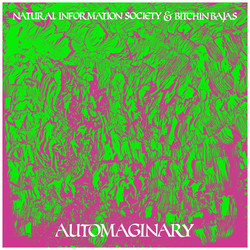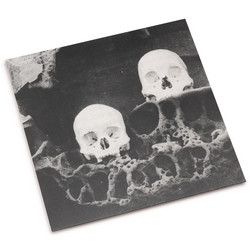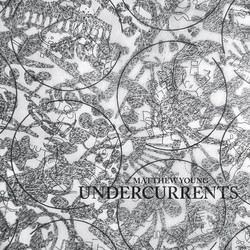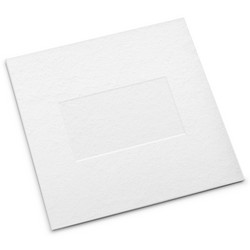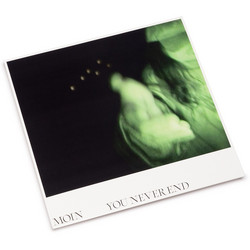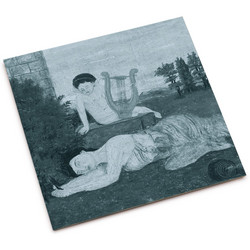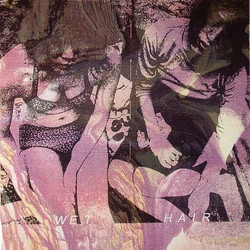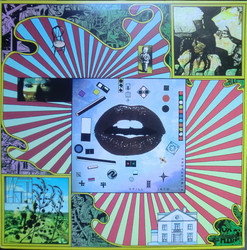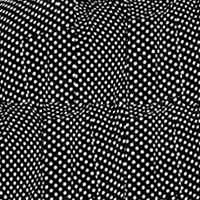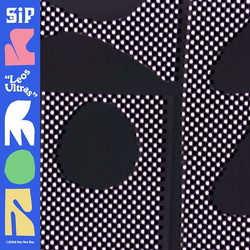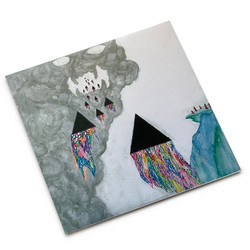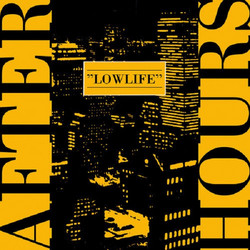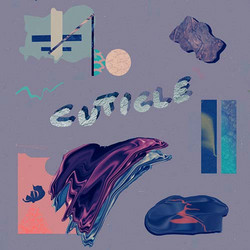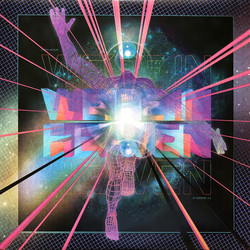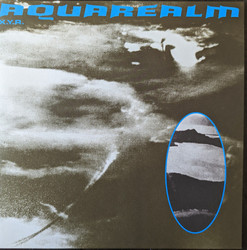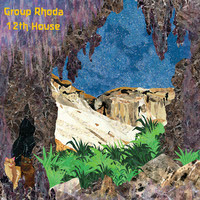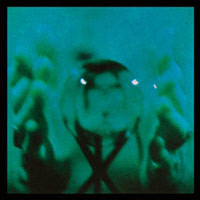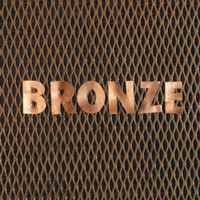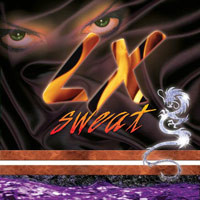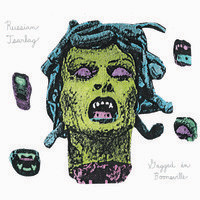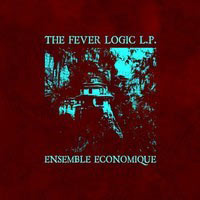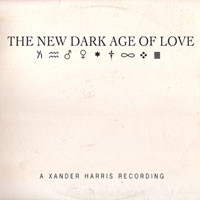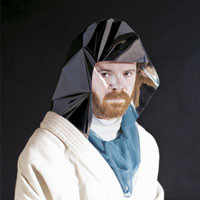This review for Wet Hair’s excellent debut full-length is dedicated to the late Barry Goldwater, five-term U.S. Senator. In 1984, Senator Goldwater wrote the Cable Franchise Policy and Communications Act, allowing local governments to require public, educational, and government access channels on television sets in their area. This act also wiped said local government’s hands clean of whatever content these channels would feature. Because of this act, because of Barry Goldwater, many a night of mine was spent thoroughly entertained. Indeed, watching oddities and fringe acts cavort and convulse across hundred-dollar television sets at three in the morning is intriguing at the very least, liberating and inspiring at the most. Part of me feels like Wet Hair’s Shawn Reed and Ryan Garbes feel the same way. Chances are they’ve watched at least a few episodes of TV Party, what with their tinny faux-organ drones and dubby vocal reverbs and echoes ripping out more than simply a page or two from the Suicide rulebook. Chances are they spent at least one late night watching horrid local bands play at some shitty outdoor venue in the middle of nowhere, what with their removed, spacey, and ambient approach to simple pop songs and sounds. And chances are they’ve watched at least one industrial film or government-financed borderline-propaganda documentary, what with the antiquated and bare-bones aesthetic they uphold throughout the entire sound of Dream. The strangest and most endearing element of all this is vocalist Shawn Reed’s voice. Sung in this removed mental-patient crooning, every track features a twisted melody yelped high above anything else in the mix, garbled and distorted through what seems like the mic of a karaoke machine. No one word is distinguishable from the one before it, and the lyrics seem incidental to the entire collage of old dusty tones anyway. This is exemplified perfectly in album opener “Cult Electric Annihilation,” where after five minutes of live drums (one of only two songs to feature drums), low frequency oscillations, Theremins being switched on after decades in a nuclear winter, and boom-whackers being thrown against a steel wall miles away, the rupturing roar of Reed’s voice shakes through the mix, ranting and growling, sometimes even doing a little falsetto. The result is jarring at one moment, but it becomes unimaginably euphoric the next. Nothing features the congealing of all of Wet Hair’s idiosyncrasies quite as perfectly as “Ordinary Lives.” Pulsed by two synthetic temple block tones, chord progressions provided by a lonely shit organ, ambience provided by someone molesting a mass-produced $20 guitar plugged into the first amplifier ever created, and sub-melody provided by the spontaneous and syncopated single-note jabbings of a synthetic xylophone, the rest of the song is dominated by Reed’s growls, melancholy and bizarre, echoing through your brain in a hollow, frightening manner. The overall result is actually the most upbeat track of the album. Wet Hair’s outsider art, public access, done-in-a-day mentality and aesthetic may very well make the jaded part of someone roll their eyes and desire something more thorough, calculated, and substantial, but enough listens will reveal Dream’s honest and substantive qualities. Yes, sometimes it does seem like anyone could’ve made this album in an hour, but therein lies the magic. Wet Hair created an album filled with ambience and dissonance and experimentation in a squalid setting. They could’ve just as easily made an album that hardly cracked 20 minutes, filled with simple pop songs, and been cited somewhere as an example of do-it-yourself ethos. Instead, they delved further into their sensibilities, further into what they knew their ears would like. If I saw them on my local cable access channel late at night, giggly and pink-eyed, I would certainly stay tuned for the end of the song. Thanks, Senator Goldwater!
